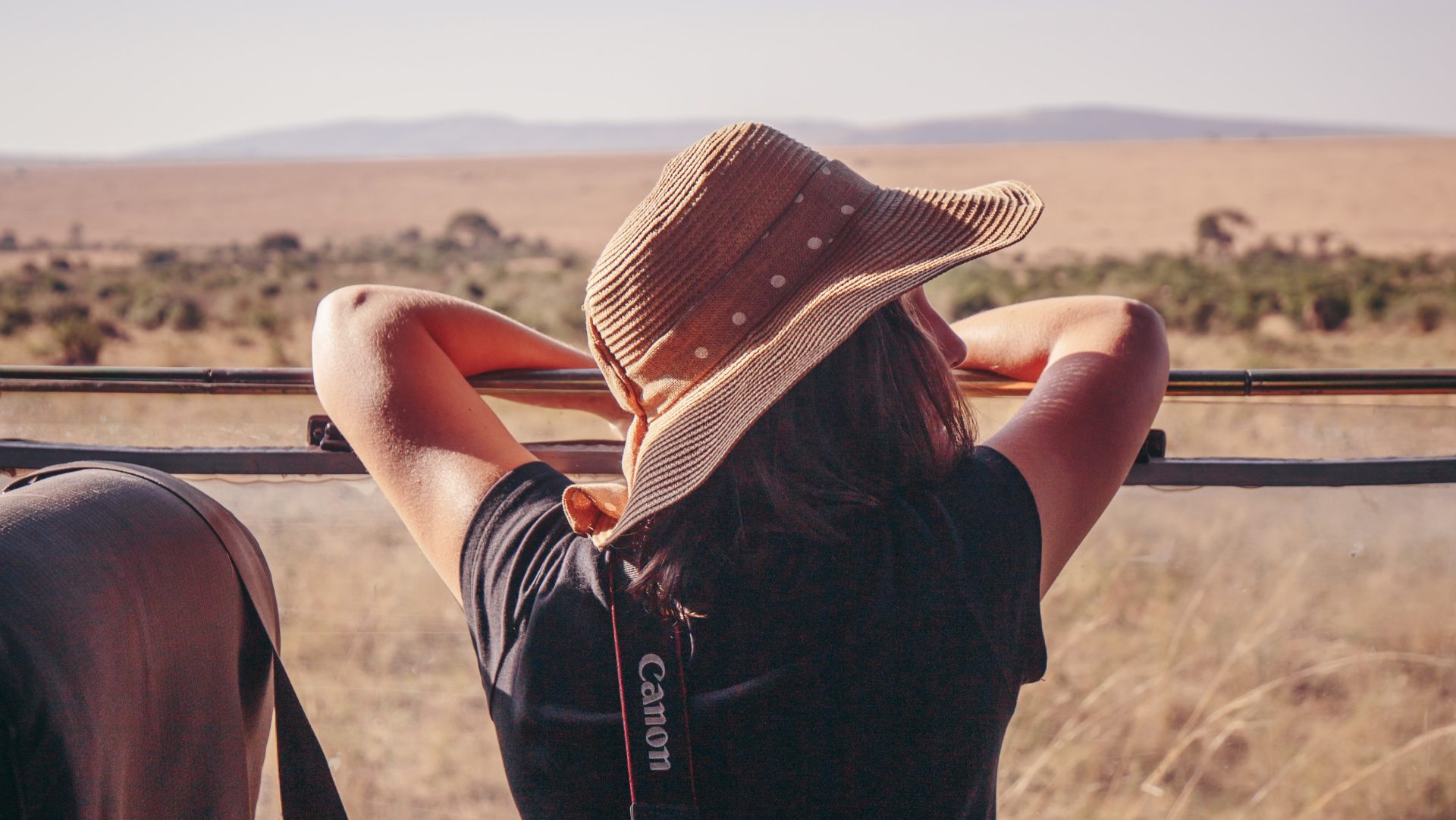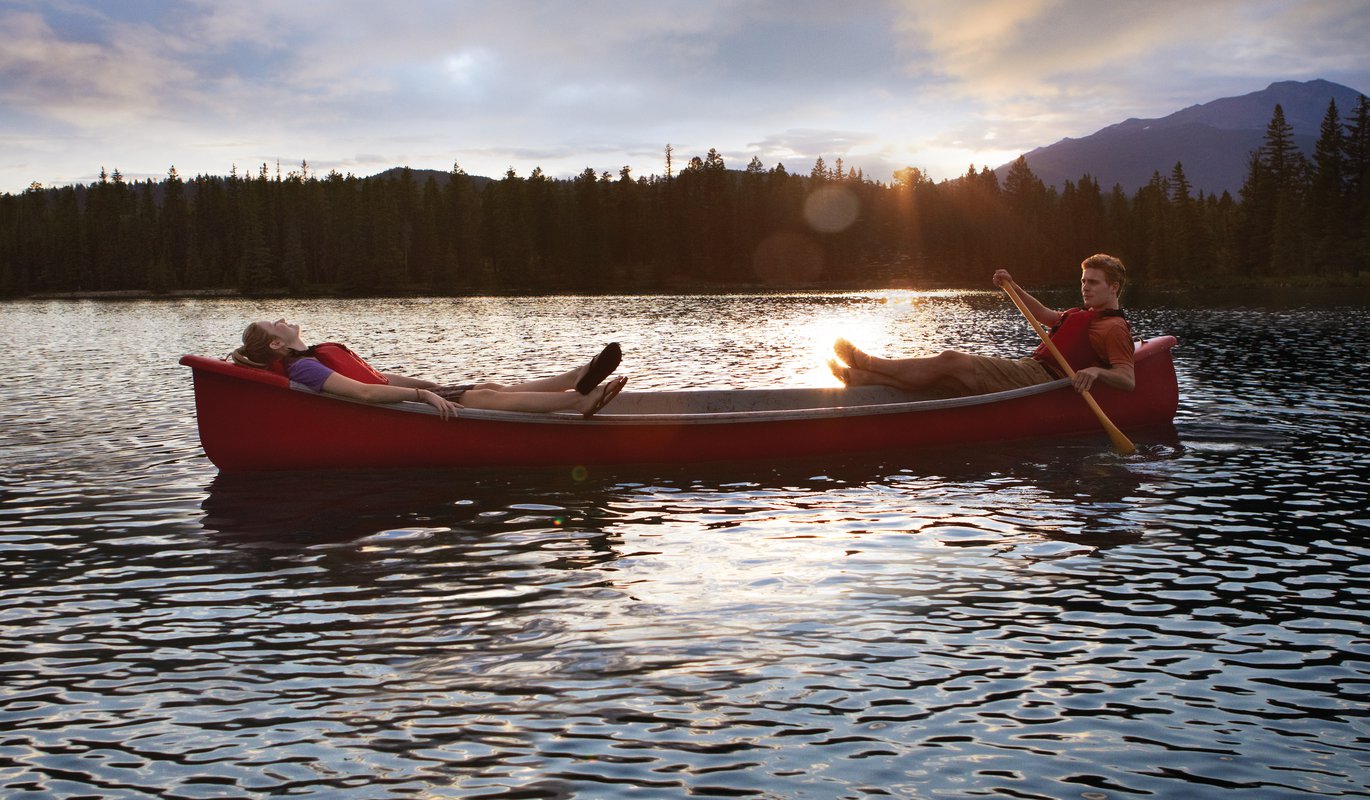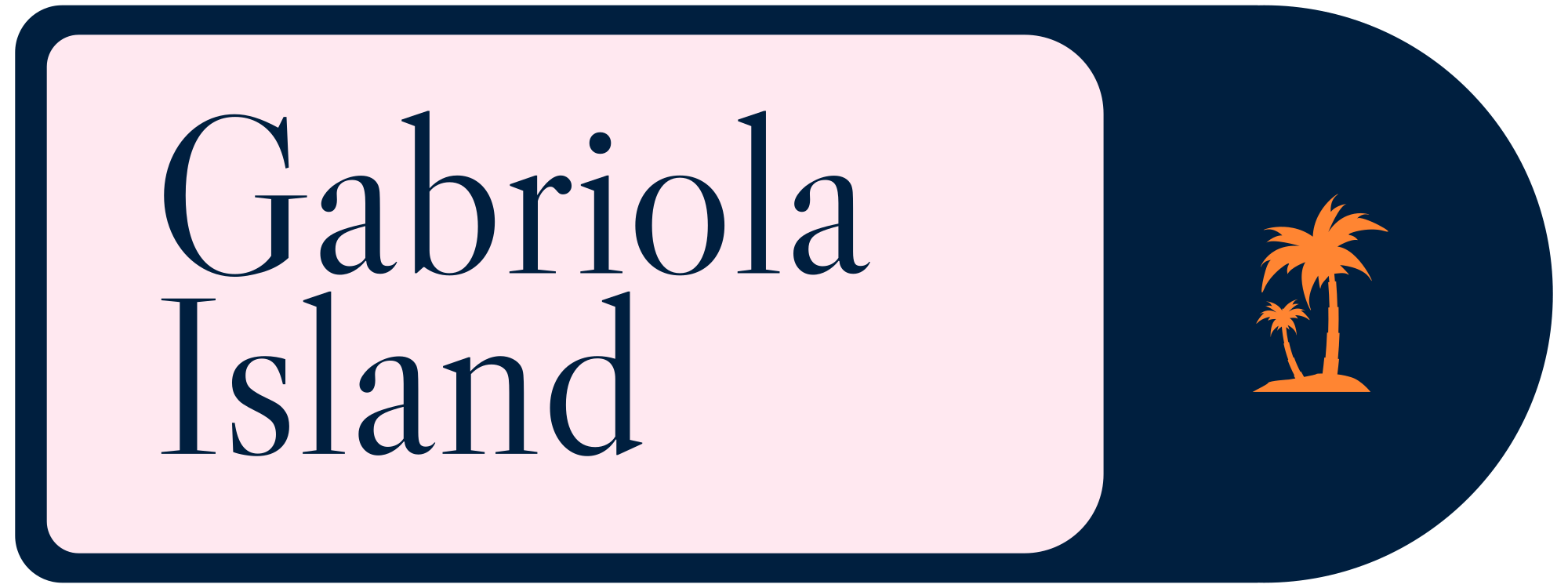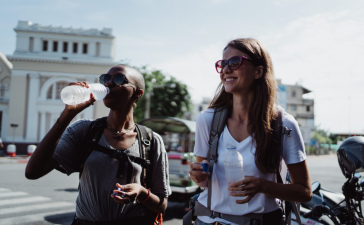In our fast-paced, hyper-connected world, the desire to escape the daily grind and experience something new has never been more profound. Whether it’s a weekend hiking trip, a cultural tour through Europe, or simply lounging on a beach, recreation and travel are more than indulgences—they are essential to our well-being. The blend of physical activity, exploration, and cultural immersion provides a transformative experience that renews the body, refreshes the mind, and nourishes the soul.
In this article, we’ll explore why recreation and travel are vital parts of a balanced lifestyle, the benefits they bring, and how to make the most of your adventures—whether they take you across the globe or just outside your front door.
The Deep Connection Between Recreation and Travel
Recreation and travel often go hand in hand. Recreation—any activity done for enjoyment, relaxation, or pleasure—is enhanced when paired with travel, which offers new settings and fresh experiences. Together, they offer the perfect recipe for renewal and personal growth.
Whether you’re hiking through mountain trails, biking in the countryside, kayaking along a coast, or exploring the markets of a foreign city, recreation during travel transforms the journey from a passive vacation into an active, enriching experience.

This blend allows you to move your body, challenge your comfort zones, and return home with stories, memories, and often a clearer mind.
Physical Benefits of Active Travel
Travel that incorporates recreational activities provides tangible physical health benefits:
1. Boosted Fitness
Walking tours, swimming in the sea, trekking, or even dancing at a local festival can burn calories and increase cardiovascular health without feeling like a workout.
2. Improved Sleep
Physical activity during the day, especially outdoors, improves sleep quality—a bonus when you’re adjusting to new time zones or routines.
3. Reduced Sedentary Time
In contrast to traditional vacations where people tend to be inactive, active travel encourages movement in engaging and low-pressure ways.
Mental and Emotional Benefits
Beyond the body, travel and recreation offer deep emotional rewards:
1. Stress Reduction
Nature-based recreation like hiking or spending time by the water has been proven to lower cortisol levels and reduce stress. Even the act of planning a trip can spark excitement and improve mood.
2. Enhanced Creativity
New environments stimulate the brain and foster new perspectives. Many writers, artists, and entrepreneurs report that their best ideas come while traveling.
3. Improved Mental Health
Time away from daily responsibilities gives space for reflection, emotional reset, and clarity. Recreation—especially in natural settings—can reduce anxiety and symptoms of depression.
Recreation and Travel for Social Connection
Travel provides a unique setting for forging or deepening connections—whether it’s bonding with loved ones or meeting strangers who become friends.
-
Family Recreation: Trips that include shared activities like camping, cycling, or exploring cities offer memorable bonding experiences.
-
Group Adventures: Traveling with friends or joining a tour group adds a social dimension to your journey and may introduce you to people from different cultures and backgrounds.
-
Solo Travel with Connection: Even solo travelers find ways to connect—through hostels, community events, or shared experiences like cooking classes and walking tours.
The shared joy of discovering something new builds lasting relationships and deepens emotional intimacy.
Types of Recreational Travel
There are many ways to combine recreation with travel, depending on your interests and lifestyle. Here are a few popular types:
1. Adventure Travel
Think white-water rafting, mountain climbing, paragliding, or jungle trekking. Perfect for thrill-seekers looking to push their limits.
2. Eco-Tourism
Designed to promote sustainability and appreciation for natural environments, eco-travel includes wildlife safaris, rainforest tours, and marine exploration.
3. Wellness Retreats
Combining travel with yoga, meditation, spa treatments, and healthy food, wellness trips focus on restoring mind and body.
4. Cultural Recreation
Visiting museums, participating in traditional dances, cooking local dishes, or attending festivals—all offer recreational value while deepening cultural understanding.
5. Local Exploration
You don’t have to go far. Exploring your region—via day hikes, bike trails, or weekend road trips—can offer all the benefits of travel without the cost or complexity.
How to Plan Recreational Travel Effectively
To truly benefit from recreation and travel, mindful planning is key:
1. Know Your Goals
Is your priority relaxation, physical challenge, cultural enrichment, or nature immersion? Your goals will shape your destination and activity choices.
2. Pack Smart
Bring comfortable, weather-appropriate clothing and footwear. If you’re hiking, cycling, or swimming, gear makes all the difference.
3. Don’t Overbook
It’s tempting to cram in every sight and activity, but leaving space for spontaneity—or even rest—is essential to avoid burnout.
4. Balance Activity and Rest
Incorporate rest days or lighter activities like walking tours or beach time between more intense adventures.
5. Embrace Local Experiences
Try local food, engage with local traditions, and learn a few phrases in the native language. These enrich your trip and deepen your sense of connection.
The Environmental Side of Recreational Travel
While travel opens minds, it can also strain the planet. Luckily, there are ways to explore responsibly:
-
Choose eco-friendly accommodations
-
Support local businesses and guides
-
Avoid single-use plastics
-
Leave natural areas as you found them
-
Offset your carbon footprint when flying
Sustainable travel practices ensure that future generations can enjoy the same beauty and adventure we seek today.
Budget-Friendly Recreational Travel Tips
Travel and recreation don’t need to be expensive. Here’s how to make it more accessible:
-
Travel during off-peak seasons for lower prices and fewer crowds.
-
Use travel apps to find discounts on accommodation and transport.
-
Camp or stay in hostels instead of hotels.
-
Cook some of your meals or eat where locals eat, away from tourist areas.
-
Consider volunteering or work-exchange programs for free stays.
Experiences don’t need to be lavish to be meaningful. Often, it’s the simple moments—watching a sunrise from a mountain top or sharing a meal with locals—that become the most memorable.

Final Thoughts: Why You Should Embrace Recreation and Travel
Incorporating travel and recreation into your life is about more than escaping stress or ticking off destinations. It’s about engaging fully with the world, creating joyful memories, learning new things, and challenging yourself in healthy ways.
Travel awakens our senses, refreshes our spirits, and rekindles our sense of wonder. Recreation reminds us to play, to move, and to appreciate the beauty of being alive.
So whether it’s a far-flung journey or a local weekend escape, make time to explore, unwind, and immerse yourself in the world around you. The rewards—physical, emotional, and spiritual—are well worth the effort.





